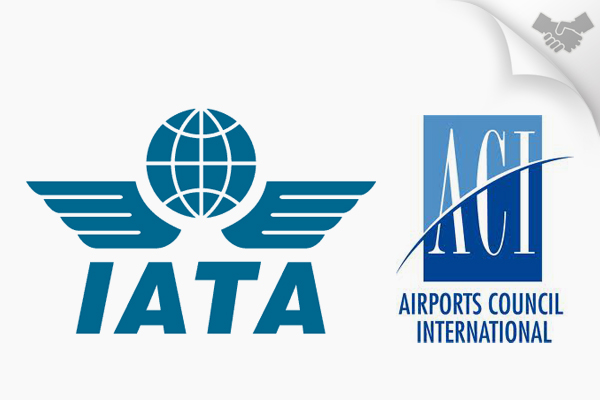
Airports Council International (ACI) and the International Air Transport Association (IATA) have signed a Memorandum of Understanding (MoU) to jointly develop Smart Security which replaces the Checkpoint of the Future concept.
The aim of Smart Security is to provide an airport security system that allows passengers to proceed through security checkpoints with minimal inconvenience and enables the allocation of security resources based on risk. The new name is designed to reflect the start of a new phase of pilot testing involving first generation checkpoints.
For the first time, the agreement between ACI and IATA will allow for various components of the checkpoint to be tested concurrently to establish how they perform in an operational environment. From 2014, Smart Security pilots will be conducted at airports including Amsterdam Airport Schiphol and FTE Europe 2014 partner London Heathrow Airport.
Tony Tyler, IATA’s Director General and CEO, said: “Smart Security is the way forward. A lot has been learned from the component tests conducted over the last two years. It forms the foundation for us to move confidently into the next phase of the development. The MoU with ACI on Smart Security will deliver synergies by drawing on the collective expertise and knowledge that both organisations have built over the years.
Angela Gittens, Director General of ACI World, added: “A touchpoint in the passenger journey that triggers a sense of dread is the security check. Through Smart Security, ACI and IATA will drive the needed change. Airports, airlines, control authorities and system suppliers all have a role to play in making the process more effective, efficient and pleasant for the passenger. Smart Security brings these stakeholders together with the shared goal of transforming the security checkpoint for the benefit of all the travelling public.”
The focus for the next 12 months is on optimising the security screening resources and asset utilisation, integrating innovative technology and repurposing existing equipment, and implementing new procedures to facilitate risk-based screening and decision making.
FTE is fully supportive of this move by ACI and IATA to collaborate on developing a next-generation airport security checkpoint, especially in light of the FTE Think Tank report, which called upon the industry to develop a recognisable, walk-through security process for all airports, and for key industry associations to work more closely together for the benefit of the passenger.
IATA’s Head of Passenger Experience, Paul Behan, will lead an official IATA Workshop at FTE Europe 2014, which will be held in London from 3-5 March 2014. Joined by guest speakers, he will outline the current situation regarding IATA Fast Travel initiatives and discuss the key areas of focus for 2014.






